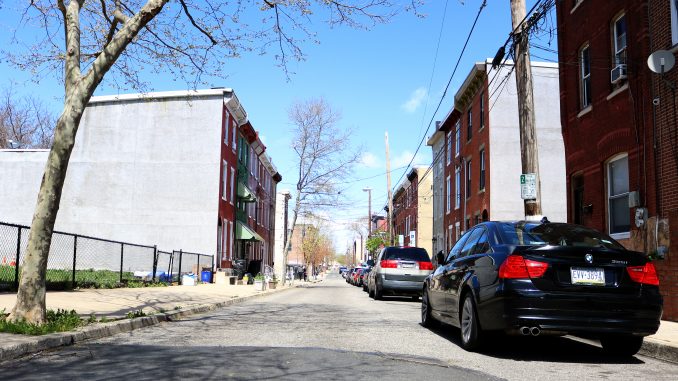
City Council recently passed an extension to a program that aims to help residents being pushed out of their homes by increasing property taxes. The bill is awaiting approval from Mayor Jim Kenney.
If passed, the Longtime Owner Occupants Program (LOOP) will allow homeowners who live in areas with increasing development to cap the value of their property until that homeowner either moves residency or dies.The program currently allows people to use LOOP for 10 years.
“What the program does, is for longtime homeowners, it freezes the evaluation of their homes,” said Malcolm Kenyatta, a 2012 Temple alumnus and the member engagement coordinator for the Greater Philadelphia Chamber of Commerce. “[Property assessment] is determined in part by your neighbors. If the house next to you is worth more, that gets factored into your property value.”
Kenyatta said the program helps senior citizens, who are most affected by increasing property taxes.
“A house bought in 1950, the property value goes up from, say, $15,000 to $100,000. But the wage hasn’t gone up, so people can’t afford their taxes anymore,” he said.
In some areas of North Philadelphia—including the 1600 block of North Bouvier Street—property values have jumped from $13,000 in 2013 to more than $99,000 in 2014.
He added the bill has the most impact in areas where there are a lot of new buildings, and he said he is very sure the homes in North Philadelphia will be affected by the proposed bill change. But, he added, there are different ways to define gentrification.
To determine eligibility, homeowners can look up their addresses online and see if their property value has tripled since 2003. If they fall within the other requirements for LOOP, like having ownership of the property since 2003, homeowners can then fill out an application for the program.
Councilman Kenyatta Johnson, the sponsor of the bill who has championed the program among his constituents in the 2nd district, said in an opinion piece for philly.com the loss in revenue from higher property taxes is “a small price to pay to ensure smart development and to retain lifelong homeowners in Philadelphia.”
“We must ensure that longtime residents are not left behind, so that the families who have been here for generations are able to stay. I will continue to advocate for development without displacement,” Johnson said in a statement provided by his spokeswoman Kaitlyn Manasterski.
“You are going to have a loss in city revenue, but also when people can’t pay their taxes or have to leave their homes,” Johnson said. “This is one of those instances when City Council asks itself, ‘Where do you have to pay?’ We have a moral obligation to make sure people can stay in their homes.”
Johnson added the bill may be proposed as part of the larger budget City Council and Mayor Kenney are working on passing, but is confident it will go through.
Johnson agreed, saying in an emailed statement from Manasterski he is “looking forward to Mayor Kenney approving the bill.”
“We’re looking at the thing we love about Philadelphia in the first place,” Kenyatta said. “We cannot lose that understanding of our neighborhoods and their character while we grow into a 21st-century city.”
Julie Christie can be reached at julie.christie@temple.edu or on Twitter @ChristieJules.


Be the first to comment